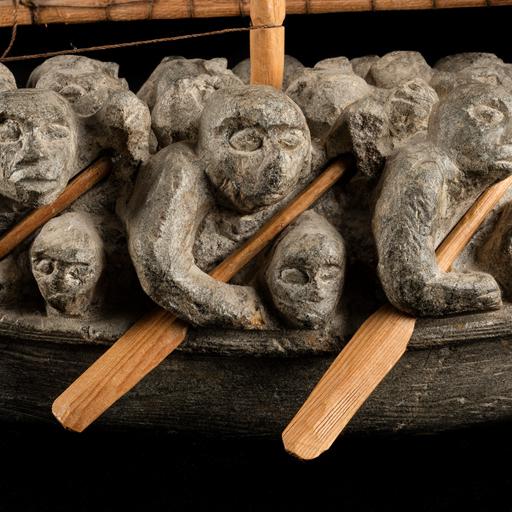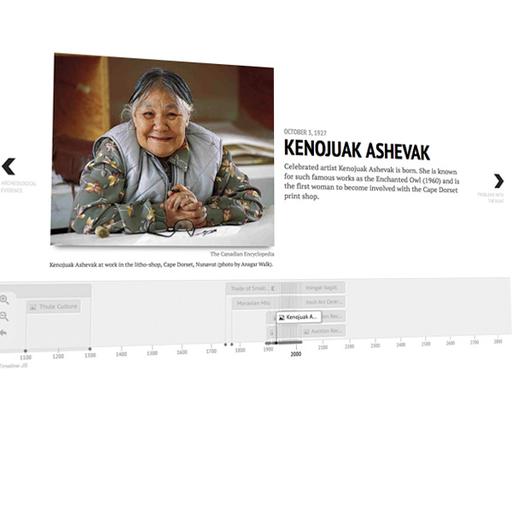Nunavut Tunngavik Inc. president Aluki Kotierk says the National Day for Truth and Reconciliation on Sept. 30 should serve as a reminder that colonial
Nunatsiaq.com | October 04, 2022
Categories: news

OPINION OCT 4, 2022 – 2:30 PM EDT
A full education in Inuktut is possible, Nunavut Tunngavik Inc. says
Lack of Inuktut education in Nunavut is continued colonialism, Kotierk writes
By Aluki Kotierk
The National Day for Truth and Reconciliation was established to honour survivors and children who never returned home from residential schools. The Truth and Reconciliation Commission concluded the residential school systems were established to undertake cultural genocide.
This has become common knowledge.
Yet, this atrocious, deliberate approach is often referenced as a far distant, historic chapter of Canada’s relationship with Indigenous Peoples.
On Sept. 30, you likely saw messages that conveyed remorse for historic genocidal approaches and heard words that reflected on the appalling behaviour. The truth is that the Canadian government funded and supported residential schools across Canada, including Nunavut, and the same systematic, colonial approach continues to flourish in Nunavut’s education system.
Although Inuit make up the public majority population of Nunavut, Inuit parents cannot expect their children to receive Inuktut instruction past Grade 4.
Instead, the primary language of instruction is English, a minority language. Inuktut continues to be replaced by English, regardless of parents’ efforts to instill Inuktut at home.
This is not reconciliation. This is continued colonialism.
Colonialism has told us our children cannot succeed unless they focus on English. Our current education system perpetuates this message.
Education in Inuktut is possible. Governments in other countries invest resources to provide Indigenous children with education in their language.
The Māori in Aotearoa [the Maori language name for New Zealand] attend public schools where they spend at least half the time learning in Te Reo Maori from a curriculum designed with Māori ways of knowing.
The primary language in Greenlandic schools is Kalaallisut for the first 10 years of children’s education. Learning in their language has increased the number of youths who speak Māori and Kalaallisut today.
In Nunavut, Inuktut is the mother tongue of more than three-quarters of Inuit. We enviously yearn for a formal education system that will support our language and culture. As Inuit, we know what is best for our children and that Inuktut is an integral part of Inunnguinniq — the process of creating capable human beings.
Becoming truly bilingual will allow children to be more connected to who they are and to their understanding of how they fit into the global community. It will also support a sense of confidence that is critical to lead in Nunavut, now and in the future.
We need the Government of Nunavut to invest the resources necessary for a formal education system that supports Inuit children.
When the GN passed the Education Act in 2008, it committed to ensure Inuktut is the primary language of instruction by 2019-2020. Instead of fulfilling this legal obligation, the GN passed legislation to drastically reduce its commitment to teaching Inuktut in schools.
To deliver an education system in Inuktut, we need Inuit educators, investment in training programs, and to encourage youth to consider a career path in education.
It also requires better support for Inuit educators already in the profession. We need a curriculum delivered in Inuktut, based in Inuit knowledge.
We are pragmatic dreamers. We know it will take time and consistent effort to build a thriving Inuit education system. It will require a commitment and ongoing support from government, educators, and Inuit to guarantee its fruition. We are persistent and committed.
The Day for Truth and Reconciliation is not just about remorse for the harms of the past. It is about undoing those harms today.
The truth is that schools have been tools for colonization and overriding Inuit language. Moving forward, there is an opportunity to change that forever. It is crucially important Inuit language and culture be central within our schools.
Aluki Kotierk is president of Nunavut Tunngavik Inc., an Inuit organization that ensures promises made under the Nunavut Agreement are carried out. Nunavut Tunngavik Inc. has filed a s.15 Charter claim against the Government of Nunavut on language discrimination in Nunavut’s schools.


